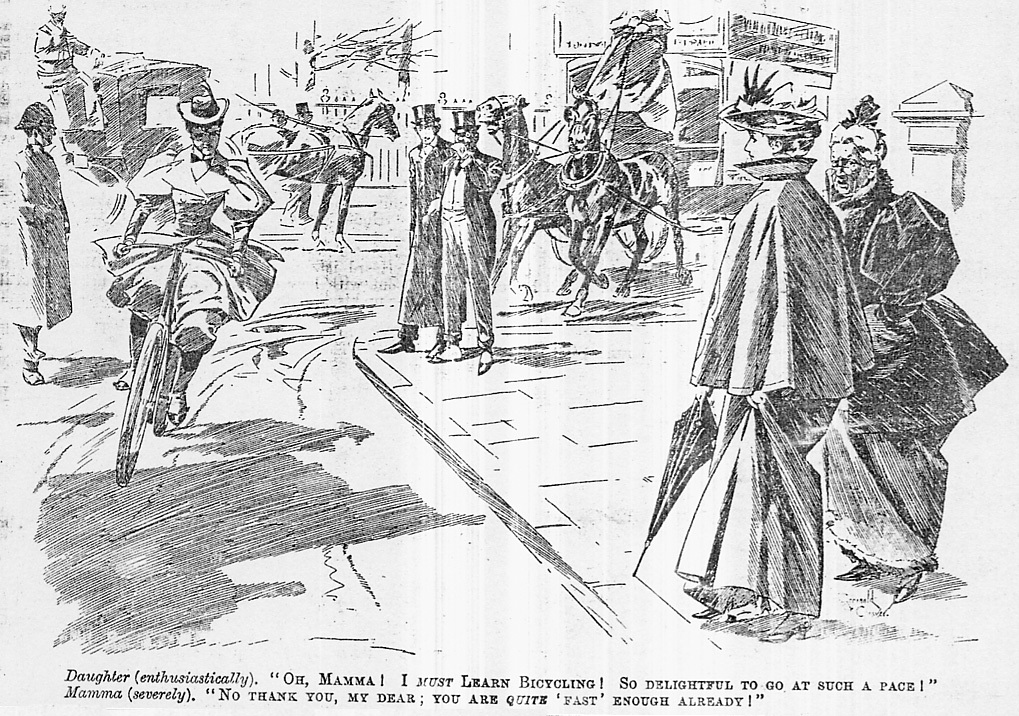There are certain subjects where the facts don't rhetorically matter.
The rhetoric that we produce, our discourse within a specific culture, shapes the way that we perceive things to be. Discourse, especially normative and dominant, leads us to perceive the world as unchangeable. Discourse and the standards of normative behavior and relationships produces measurable effects.
The facts of the matter
A fact is simply one such measurable effect. A fact is a type of knowledge that we privilege because it engages with scientific or objective standards of measurement. A fact must be known, recognized and validated by particular institutions of power - such as a scientist, researcher, or census taker.
In the early medieval period, it was a fact that flies came out of nothing. That was common knowledge, among both the educated and peasant classes. Natural philosophers were the institutional group of knowledge holders who verified this fact. Today, we readily accept that "spontaneous fly production" is not a fact, but we tend to ignore the historic reality that it once was. The material reality hasn't changed: flies still need to lay eggs in meat in order to have larva hatch and grow out of putrid meat. But our perception of that reality has changed significantly. In turn, the way that we store and cook meat has changed significantly.
Politically speaking
Coming to the practical effects: Some facts are loaded with political ramifications. Flies aren't a major part of our society, but people are. The facts that we hold true about people, especially marginalized people, can have a large effect on how we organize our society and treat these people.
[embed]https://36.media.tumblr.com/8f2d3a1b5b1509b9da7902ab400091c7/tumblr_nrpdy0aos01rut7s7o1_1280.jpg[/embed]
I feel that this example is pretty obvious. A clear ramification of the fact is that women shouldn't bike. After all, it's not safe for them! But this fact obscures a political purpose for the effect. Women were discouraged from biking because bikes gave women increased access to social and economic roles. Men did not want to have women infringing on their monopoly on these types of capital nor abandoning women's roles as providers of domestic labor. The popularly cited reason for discouragement was a "simple" fact not the implicit political goal of limiting women's capital.
The political ramifications of presumptions can be delimiting. Delimiting refers to limitations on what people can imagine as possibilities. Our culture constantly determines for us the ways that we imagine and act; these determinations can be helpful or hurtful. For example, if we believe that women will be harmed by biking in this way, we would might never imagine women inventing a new bike technology since this is an inaccessible form of technology harmful to women. We might be unable to imagine women working as mechanics or competing as athletes. We might instead imagine new bike technologies that are more specifically geared towards men: longer reaches to the pedals, seats designed for smaller hips, expectations of greater arm strength for handle bars.
Other ramifications could be social control. Facts can be paired with labels, social identities, and roles. Facts can be used to justify stigma or correction. For example, even if women wish to be bikers, they may be frightened of being labeled as a pervert or physically damaged.

Let's return again to the simple facts of how flies get into meat.
In the medieval period a related fact was that most meat had flies in it. Meat wasn't stored in air tight sealed containers since what was the point if flies could spontaneously emerge?
Now that our facts have changed, we find far less maggots in our steak. We expend considerable effort to store our meat in sealed containers, cooking meat quickly after keeping it refrigerated. Many slaugher houses may even take precautions in the way the animals are slaughtered and packed on site to prevent flies from getting into their food. Further, our expectations about the number of acceptable flies in meat have changed drastically since the middle ages. We have FDA, which carefully regulates our food. Expiration dates make sure that moldy or bug infested meat doesn't end up on the consumer's table.
All of these are prescriptive effects of a changed fact. We, human beings in a particular cultural setting, changed our behavior. (We store and prepare our meat differently) That changed behavior then affected norms. (It's no longer acceptable to have flies in meat.)
Most importantly, politically loaded facts can be used to produce and reify certain behaviors and outcomes. Stigmatized roles can become self producing. Normalized roles can become entrenched and reifying.
What's the point?
When rhetorically speaking, we don't have to limit ourselves to the facts handed to us by the current social structure. If we are trying to imagine a new world, we must also imagine the new rules and facts of that world rather than limiting ourselves to those of the old.
Politically, we must decry some facts. In order to create an internally consistent ideology, some facts cannot be accepted. And we must acknowledge that some facts have been created and perpetrated to support the existing power structure as part of the dominant ideology.


No comments :
Post a Comment